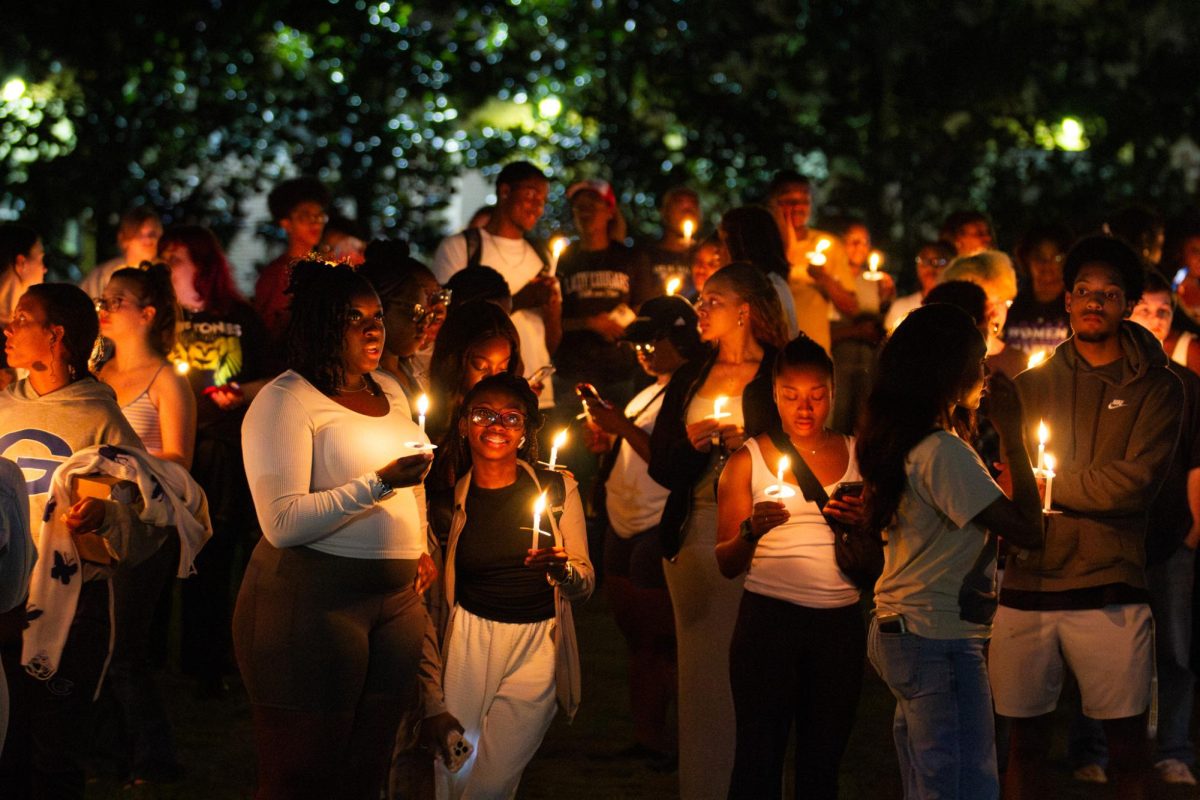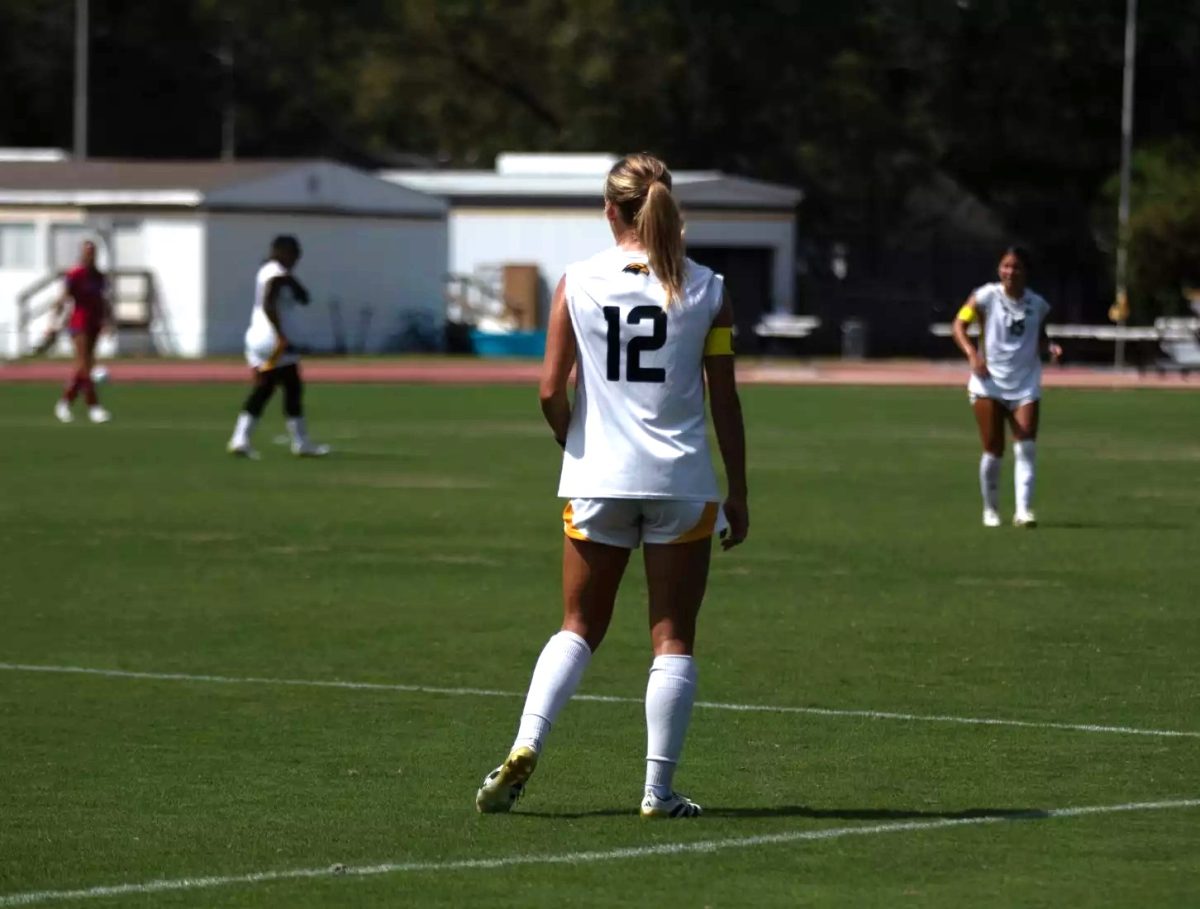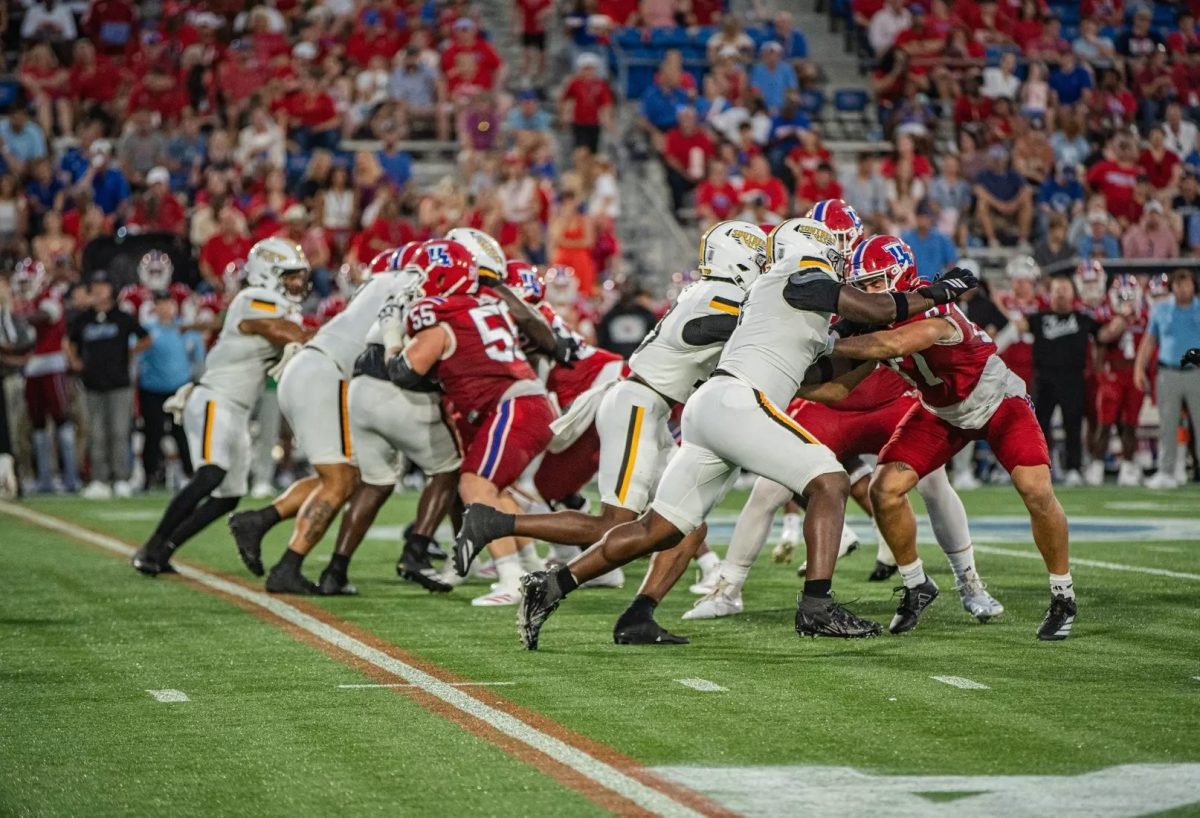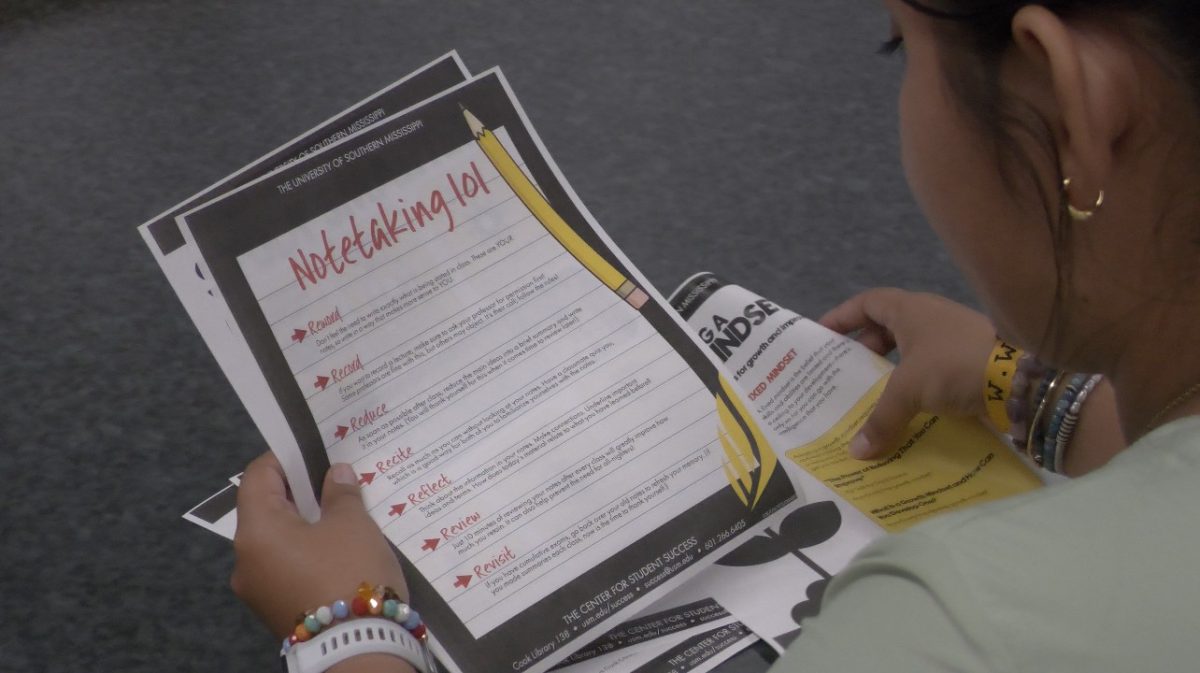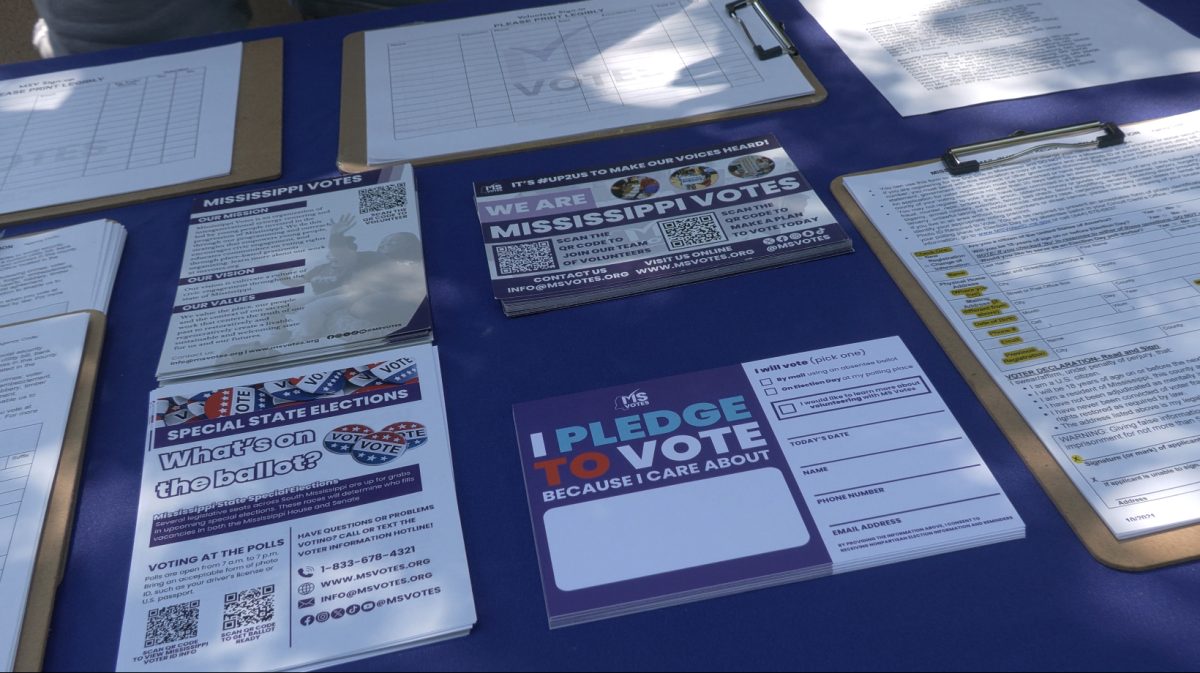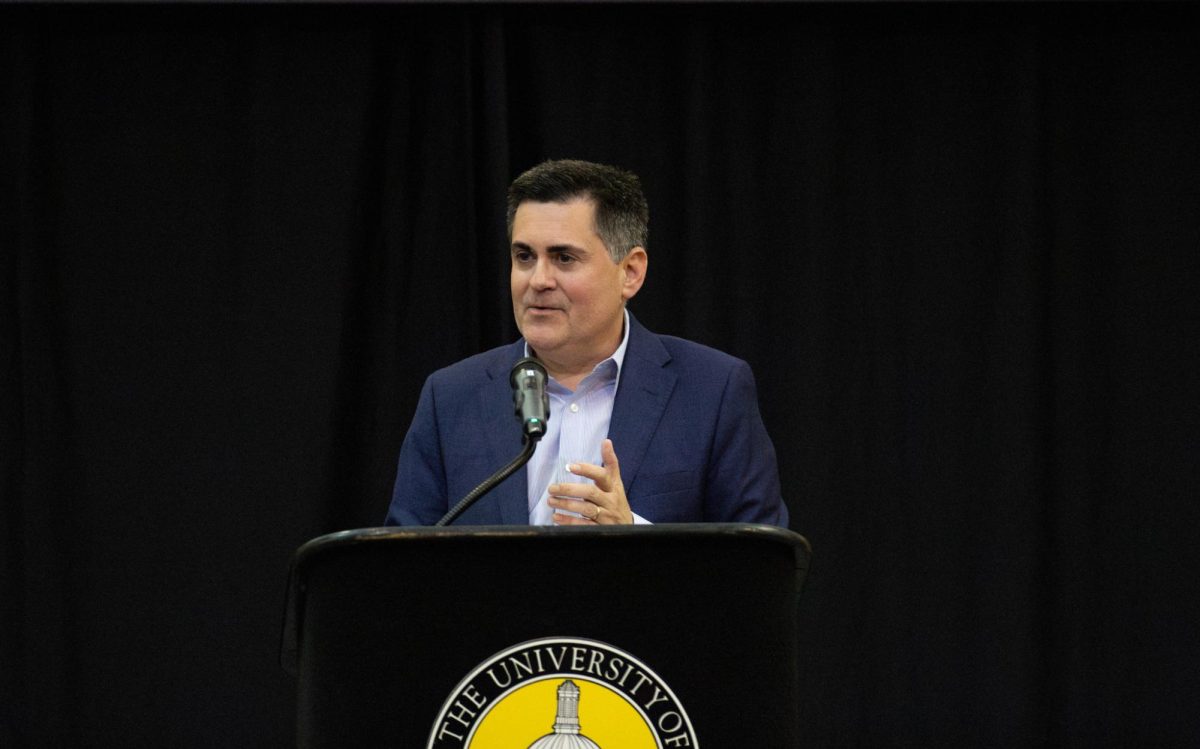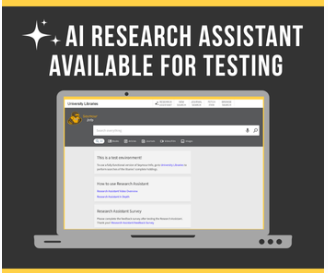Students at the University of Southern Mississippi are navigating the growing presence of artificial intelligence on campus. While some see benefits in easing workloads and preparing for careers, both students and administrators recognize the need for clear boundaries in ethical and responsible AI use.
“If you can lessen your workload by using AI on certain electives that are required for you to take but not required for your major, then I think using AI is fair. I know copying and pasting is bad and all, but if you use it in maybe summarizing slides and stuff then I think it’s fair,” said Aloy Roy, a sophomore at USM.
Another student, Anish Kharal, added, “Universities should allow the use of AI in every course. I mean, I don’t see it going out of our lives anytime soon. Then why not embrace it? I feel AI’s going to have a big impact on employability.”
The university is working to address employability concerns through a dedicated AI task force.
“We’re expanding that AI task force, which will include faculty, staff, and some of our technology experts,” said Dr. Kelly Lester, associate provost for faculty success. “One [goal] is authentically preparing students to use AI as a career readiness or workforce development approach. And secondly, what kind of infrastructure do we need to support that?”
According to the university’s provost website, USM also plans to provide AI training to faculty, host hands-on AI workshops and launch a pilot interdisciplinary course on AI later this semester.
Administrators are also emphasizing that students understand the risks of AI. University officials said they want students to be aware of potential harms, including deepfakes and cases where AI technology has been linked to teen suicide.
“We’re just learning as we go,” Lester said. “What we want to do as a university is help students know all of those parts [risks], and honestly, that means it’s going to look different in different contexts.”
For now, USM has chosen to let faculty decide how AI is used in their courses.
“I feel like it’s important for faculty as experts in their field to make the decisions for their courses. And we will continue to allow that because that’s their expertise,” Lester said. “I’m a dance professor. I have a lot of expertise in that, but I don’t have a lot of expertise in chemistry. So I can’t tell a chemistry professor how they should use AI or not. However, we are moving in a direction where we will have some AI-specific or AI-focused courses available.”
Some skepticism remains about the use of AI to detect AI-generated work. Lester compared the process to plagiarism checkers the university has used for years, noting that AI detection “is in the same realm,” though she added that using multiple detectors could make the process fairer.
Kharal described a personal experience with the system.
“For my ENG 101 course, one of my essays was flagged for AI. I had to show the logs in my Word document to prove it was me who wrote it,” he said.
Students can also explore the university’s AI Lab, located on the second floor of the library. Opened last spring in collaboration with the Mississippi Artificial Intelligence Network, the lab is available to students and community members for research use. It also offers four AI-specific courses developed by Intel.
USM Students and Faculty Navigate Role of AI
Sambhav Pyakurel
|
September 3, 2025
A screenshot of ChatGPT
0
Donate to SM2
Your donation will support the student journalists of University of Southern Mississipi. Your contribution will allow us to purchase equipment and cover our annual website hosting costs.
More to Discover




